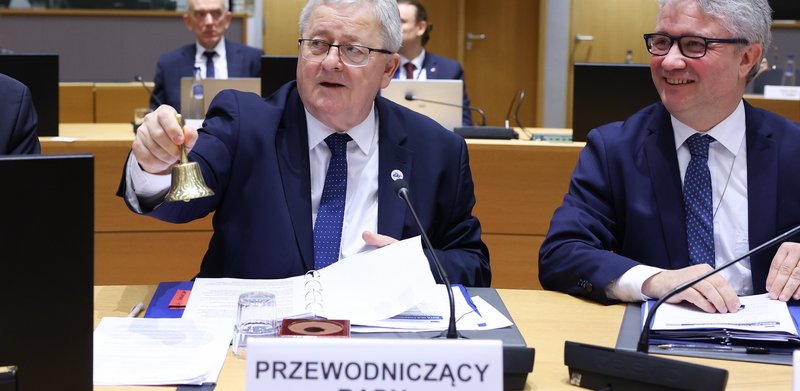News
Majority position of EU Member States: Major need for improvement in NGT deregulation
Alexander Hissting, Managing Director of the Association for Food without Genetic Engineering (VLOG), comments: "What lasts a long time does not necessarily turn out well. It is disappointing that Poland has wasted the opportunity as EU Council Presidency to reach a sensible compromise on the controversial topic of ‘new genetic engineering’. The trilogue negotiations between the EU Commission, Parliament and Council of Ministers can now begin, but under the worst imaginable prerequisites."
"The EU Parliament must now at least push through its demand, adopted in 2024, for a continuous genetic engineering labelling requirement right through to the end product. Consumers and the food industry will not accept deregulation without this minimum requirement. Other serious consequences for the economy are still completely unclear. The negotiating position of the Member States is still far from the NGT deregulation. Parliament cannot agree to it as it stands, and the position of individual Member States may also change again."
According to a recent survey by the German government, 94 percent of adults in Germany also want labelling for NGT foods. Hundreds of European retailers, from REWE Group to dm and Alnatura, are calling for rules on transparency and coexistence in the case of NGTs.
In January 2025, a new expert legal opinion by Dr Georg Buchholz highlighted further serious consequences and risks of the planned regulation of NGTs for the entire food sector. This report is currently the subject of intense debate in the industry. The EU Commission has not yet found an answer.
New genomic techniques: Council agrees negotiating mandate - Consilium
European enterprises call for rigorous labelling of NGTs
Özdemir supports demands for freedom of choice and coexistence
BfN Nature Awareness Study 2023 (December 2024), statements on genetic engineering labelling p. 104 (German)
Legal opinion: Do not shift liability risks for new genetic engineering to the EU food industry!

